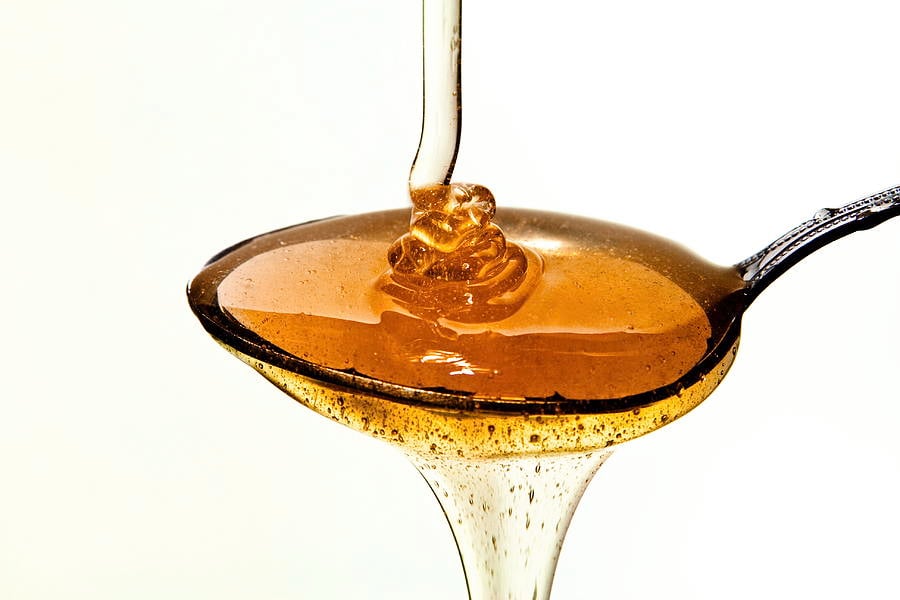Many people in America consume a lot of pastries, soft drinks, sugary cereals, and other processed foods that are artificially sweetened. The common denominator in all those foods is that they contain high fructose levels, which poses a major health concern.
A recent study conducted by researchers from the University of California in San Diego recently revealed that consuming too much fructose paves the way for developing non-alcoholic fatty liver disease (NAFLD). They also observed that the disease usually develops when there is a leaky gut. The researchers are convinced that protecting the gut might be the key to preventing liver damage.
“NAFLD is the most common cause of chronic liver disease in the world. It can progress to more serious conditions, such as cirrhosis, liver cancer, liver failure and death,” noted Dr. Michael Karin, a pathology and pharmacology professor at the UC San Diego School of Medicine.
Dr. Karin believes that the research findings highlight potential ways in which liver damage can be prevented. Studies have also linked high fructose intake to other chronic conditions such as cancer and heart disease.
Understanding the mechanism behind fructose and fatty liver disease
Scientists used a mice study to study the effects of high fructose intake affects the body. They observed that fructose metabolism disrupted proteins that protect the intestines, giving rise to leaky gut, which paves the way for toxins to be absorbed into the bloodstream. Those toxins then trigger inflammation in the liver, thus facilitating an increase in fat deposits.
Researchers observed that were fed on high fructose and fat diets experienced more severe fatty liver disease forms. Fructose does not cause much damage to the liver, but it does cause significant damage to the intestines.
The study also revealed that mice fed on healthy fructose levels maintained good health. Those healthy levels equate to the amount of fructose that a person gets from eating fruits. The findings may not help much in patients suffering from NAFLD. However, the information from the study can be used to take a preventive approach or even to develop a therapy for the condition in the future. But for now, it would be wise to reduce your intake of foods with a lot of processed sugars.


